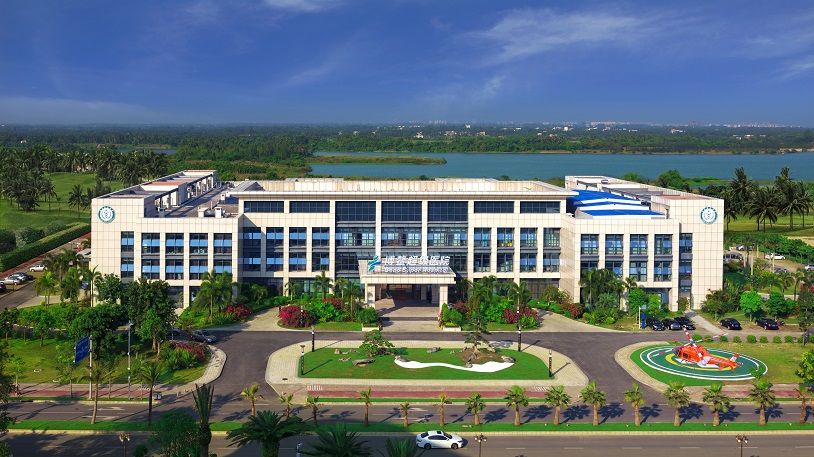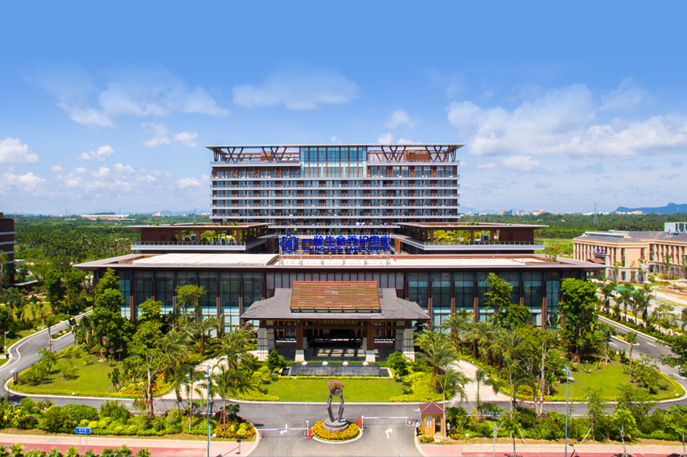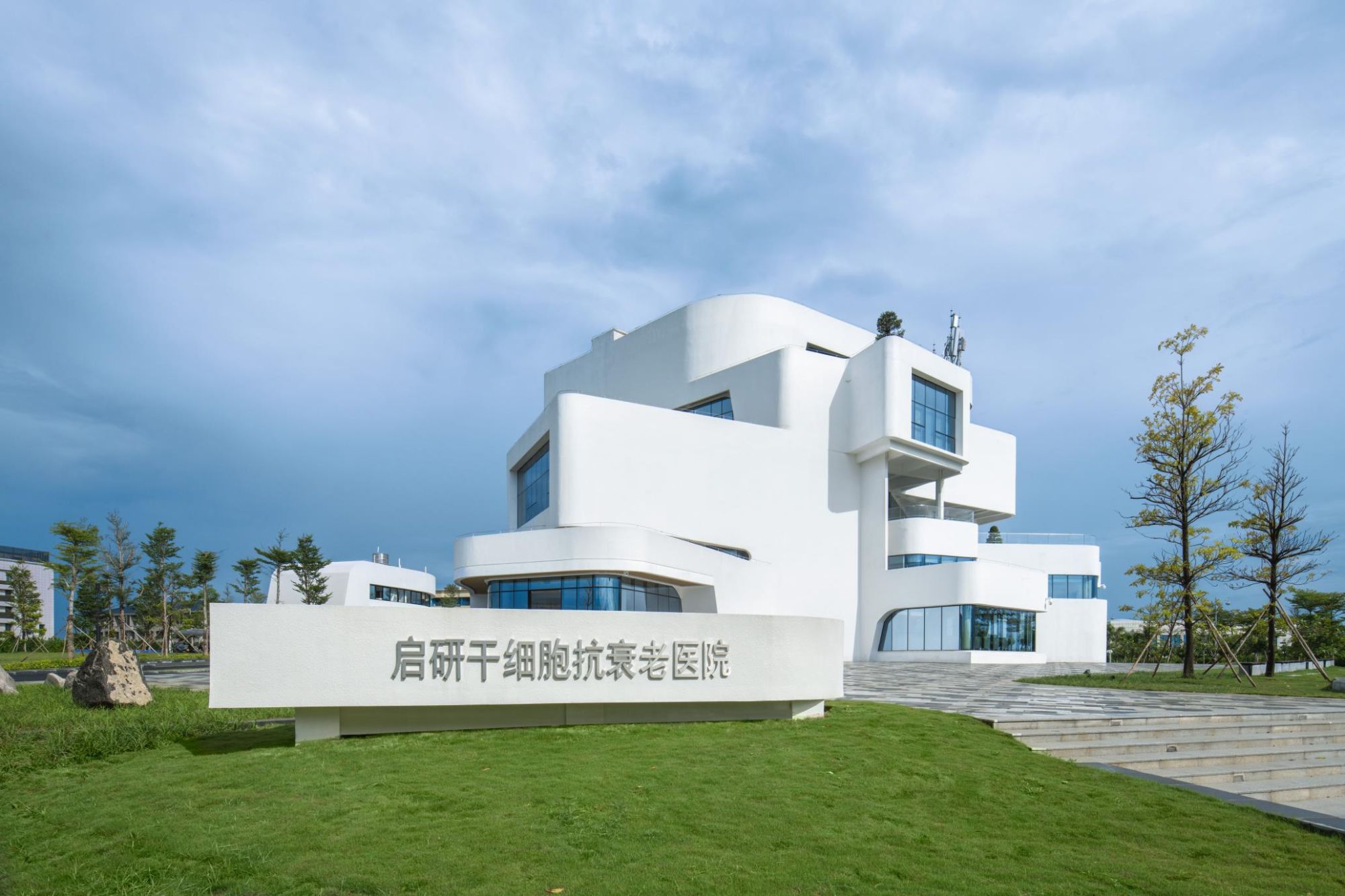Home>Policy
New policy hastens approval of overseas drugs, equipment
Access to new overseas drugs and medical equipment brought to the Chinese mainland is expected to be accelerated with the release of a new policy on Sept 16, senior officials said.
Data collected on the clinical use of imported drugs and medical equipment in a pilot zone in South China's Hainan province can be used for their registration in China, according to an implementation plan to support the development of the Boao Lecheng International Medical Tourism Pilot Zone released by four central government departments, including the National Development and Reform Commission and the National Health Commission.
The plan outlined major tasks of the pilot zone, located in Qionghai, Hainan, including developing top level medical service providers and research institutes and developing quality medical tourism services.
By 2025, the zone will boast world class medical technologies, equipment and drugs, according to the plan.
The plan was an update of a previous one released by the State Council in 2013, the year when it approved the establishment of the zone, which included a series of policy breakthroughs such as allowing medical institutions in the zone to import and use badly needed drugs and medical equipment from overseas that are not yet approved by the top drug authority in China, Shen Xiaoming, governor of Hainan, said at a news conference organized by the State Council Information Office on Sept 16.
"Although the previous regulation allows such drugs and medical equipment to be used in the zone, companies still have to go through registration procedures, including clinical trials, for approval before these drugs and medical equipment can enter the domestic market outside the zone," he said.
"With the new policy, data gathered on their use in the zone can be used for their registration in China. The measure can greatly reduce the time for innovative overseas drugs to enter the domestic market," he said.
Due to delays in the availability of new overseas drugs and medical equipment, about 600,000 patients in China go overseas annually for treatment, Shen said.
"The policy will benefit many Chinese patients as they will have access to the latest drugs and most advanced medical equipment," he said. "It will encourage more overseas pharmaceutical companies to export their products to China, with reduced cost and time for approval procedures."
The province is working under the guidance of the National Medical Products Administration, the top drug regulator, to formulate related regulations and standards to carry out the plan, he said.
Yan Jiangying, deputy head of the administration, said 26 pieces of medical equipment and four overseas drugs that are not used in other areas on the Chinese mainland have been used in the pilot zone, including two drugs that treat breast and lung cancer.
The administration is working with the Hainan provincial government to formulate detailed regulations to promote domestic access of overseas drugs, she said.

 Different approaches to COVID-19 vaccines
Different approaches to COVID-19 vaccines Boao Super Hospital
Boao Super Hospital Boao Yiling Life Care Center
Boao Yiling Life Care Center  Neology Stem Cell Anti-Aging Hospital
Neology Stem Cell Anti-Aging Hospital 